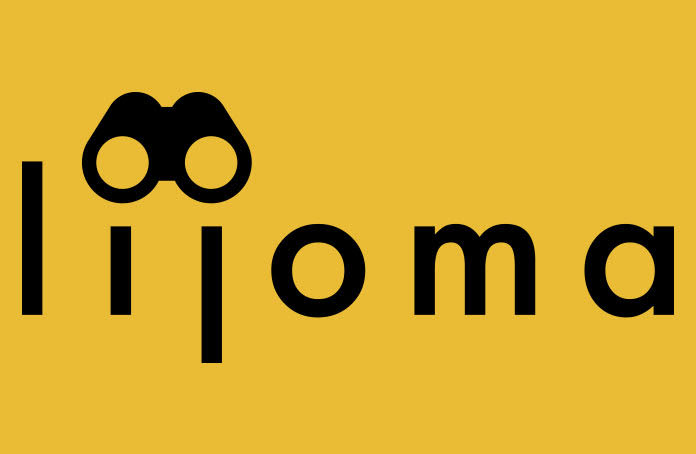BEFORE YOU GO
READ THIS
Moving love letter to Istanbul, composed through the eyes of a street vendor
GET THESE
Turkish lira (₺); there are 100 kurus (kr) in ₺1
BUY THIS
Lovingly detailed guidebook that’s both practical and engaging
WHEN YOU'RE THERE
EAT THESE
Five foods to try on your trip to Istanbul
GÖZLEME A crisp, folded flat bread, kind of like a pancake, that is filled with various ingredients such as spinach and feta, minced lamb, or halloumi and mint.
ŞAKŞUKA This tasty side salad of fried aubergines in a garlicky tomato sauce is a classic meze dish, and goes well with bread (for dipping) and yoghurt.
KEBAB A far cry from the late-night takeaways you might associate them with, a proper Turkish kebab (kebap) is tender charcoal-grilled lamb or flattened mincemeat, served with grilled vegetables in unleavened bread.
BAKLAVA Dozens of patisserie shops across Istanbul specialise in this sticky sweet of layered filo pastry and crushed pistachio nuts drizzled in syrupy honey.
MARAŞ ICE CREAM This stretchy ice cream is partly made from orchid tubers, which give it its incredible elasticity. Few vendors in Istanbul will hand over the goods without running through a series of tricks beforehand!
DO THIS (and don't do that)
A few handy pointers on Turkish culture
DO...
• Immerse yourself in the more exotic elements of Turkish culture – go for a scrub down in a local hamam and catch a performance by the Whirling Dervishes.
• Leave a tip in cafés and restaurants, and in the hamam if you visit one; 10 percent is standard. Note that tipping is always done in cash.
• Dress appropriately when visiting mosques, which means covering your shoulders and legs and, for women, your head as well.
DON’T…
• Drink Turkish coffee immediately after it’s been served. It’s unfiltered, so you need to give the sediment time to settle at the bottom of the cup.
• Smoke indoors, even if you see others doing so – it’s banned on public transport, in enclosed public buildings such as the Grand Bazaar, and in cafés and restaurants.
• Criticise Turkey, or the country’s founding father, Mustafa Kemal Atatürk, as most Turks will find this highly offensive.





